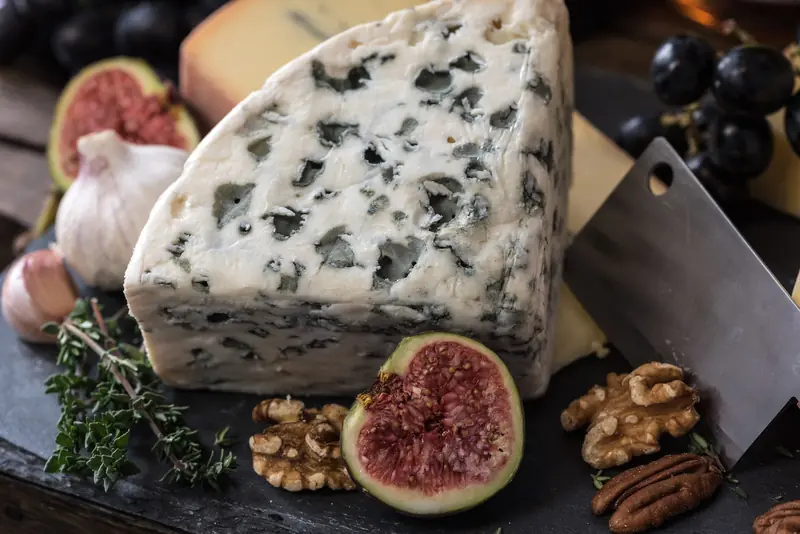
Doctors recommend maintaining an active lifestyle, eating a healthy diet, and quitting smoking to preserve brain health as we age. However, researchers have discovered another relatively simple way to prevent cognitive decline and reduce the risk of dementia. According to them, increasing the consumption of cheese and dairy products may be key.
Cheese May Boost Brain Function
Japanese researchers who monitored the health and dietary habits of over 1,500 individuals aged 65 and older reported that those who regularly consumed cheese scored better on cognitive tests. The scientists noted that the results indicate that people who consume dairy products have a lower risk of developing dementia.
Cheese may contain certain nutrients that enhance brain function. However, the researchers emphasized that further studies are needed to confirm these findings.

Health experts recommend maintaining a healthy weight, limiting alcohol intake, and keeping blood pressure at a normal level to reduce the risk of dementia. Nevertheless, researchers point out that previous studies have shown that physical activity, a Mediterranean diet, dairy consumption, and moderate wine intake can delay or prevent dementia and cognitive decline. Other studies have indicated that high consumption of soy products, vegetables, seaweed, milk, and dairy products also lowers this risk.
Cheese Consumption Prevents Dementia
To further investigate the link between brain health and dairy products, the team analyzed data from 1,504 participants aged 65 and older in Tokyo, who were asked about their dietary habits and health. Approximately 8 out of 10 included cheese in their diets: daily (27.6%), every two days (23.7%), or 1-2 times a week (29.7%).
The most popular choice was processed cheese, selected by two-thirds of respondents. Participants also reported eating cheeses with white mold, such as Brie, Camembert, and cream cheese (15.3%), fresh cheeses including feta, mascarpone, and ricotta (13%), and blue cheeses like Stilton, Gorgonzola, and blue Brie (2.5%).
 Respondents also took a 30-point test to assess their cognitive functions, which included evaluations of orientation, attention, memory, language, and visual-spatial skills. A score of 23 or lower indicated cognitive decline.
Respondents also took a 30-point test to assess their cognitive functions, which included evaluations of orientation, attention, memory, language, and visual-spatial skills. A score of 23 or lower indicated cognitive decline.
The results showed that participants who included cheese in their diets were less likely to score below this threshold, indicating better cognitive function. On average, those who ate cheese scored 28 points, while those who did not scored 27.
There Are Nuances and Further Research is Needed
Additionally, study participants who consumed cheese had slightly lower blood pressure, faster walking speeds, and a more varied diet. However, the results also indicated that they had higher levels of cholesterol and blood sugar.

As noted by the Daily Mail, the research team stated that the findings suggest that cheese consumption is inversely related to cognitive decline, even after accounting for numerous factors that may influence it. However, the scientists believe that their conclusions alone cannot prove that cheese significantly improves health, and further research is necessary to validate these results.
The researchers pointed out that their findings might be related to the fact that cheese consumers generally have a more varied diet. Nevertheless, cheese may also contain nutrients that support cognitive functions, allowing individuals over 65 to maintain better attention, memory, and language skills.
